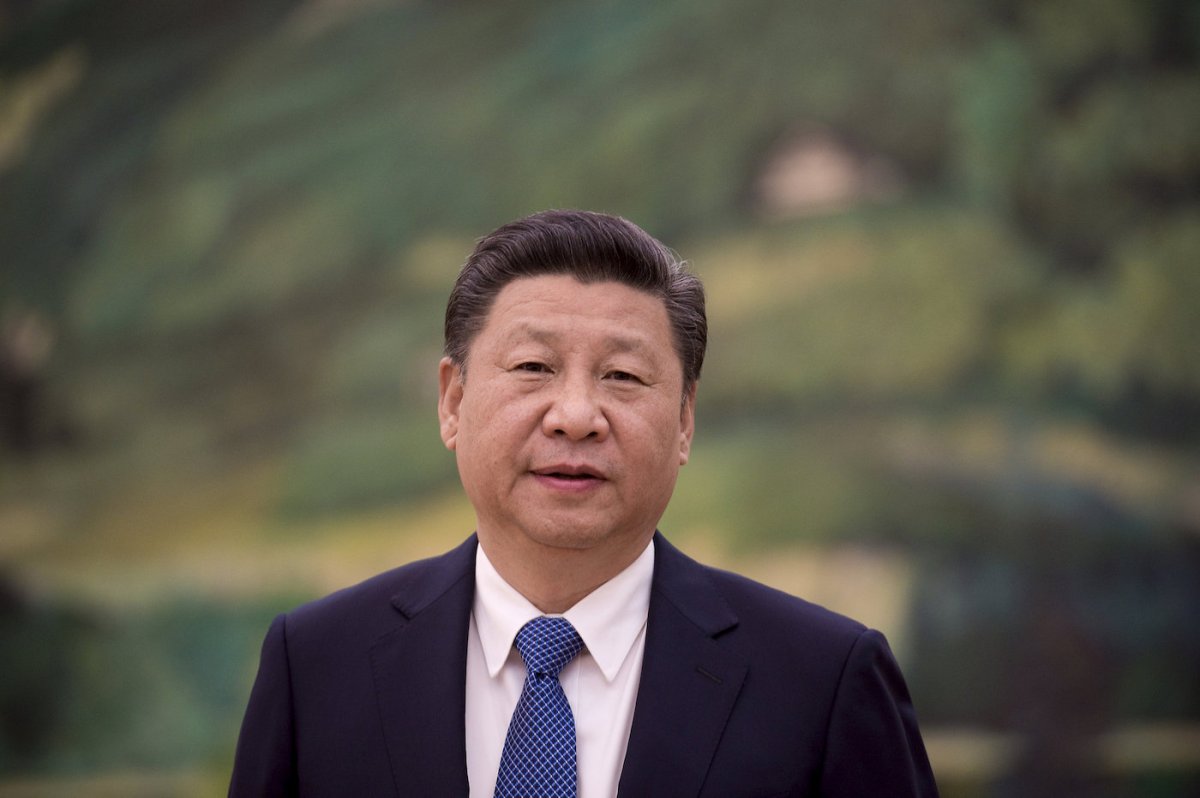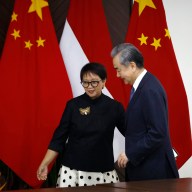(This Dec. 21 story corrects reference to day of week, deletes incorrect reference to previous rules, paragraphs 1, 4, inserts dropped word “as” in paragraph 5)
BEIJING (Reuters) – China’s Ministry of Public Security has unveiled a list of areas where foreign non-governmental organisations (NGO) are allowed to operate, from legal advice to equality of the sexes, ahead of the enforcement of a new law. President Xi Jinping’s administration has made sweeping changes to the law in the name of boosting national security, including a cyber security law passed last month and another targeting foreign NGOs, slated for Jan. 1. But some foreign organisations, including social and environmental advocacy groups, fear they could inadvertently break the broad new rules, with some even shutting up shop to avoid such pitfalls.
Potentially sensitive services such as legal aid and legal education will be allowed, but NGOs will have to be supervised by the Justice Ministry, the Public Security Ministry said on Tuesday.
China generally looks askance at what it views as any foreign interference in its legal system, which is controlled by the ruling Communist Party, though governments such as the British one have been involved in helping with legal reforms. China’s leadership has overseen a sweeping crackdown on activists since Xi took power, including detaining or imprisoning dozens of rights lawyers in what the government says is the targeting of criminal acts. Others areas in the list are generally less politically touchy, including climate change and wetland conservation.
The list makes no mention of the term “human rights”.
In November, the government twice issued clarification statements, saying there would be no grace period for NGOs to meet the new law, later adding that groups must give details of how they are funded. There remains a spectrum of concern among NGOs, from those who act in areas considered relatively benign by the authorities, such as education and health, to those who work in sensitive areas, including legal reform and rights issues. Chinese officials defend the foreign NGO law, saying it would only be used to punish a handful of law-breaking organisations.
Rights groups say the law’s use of an ambiguous ban on activities that threaten national security or endanger social stability could be used to target groups doing work disliked by the Communist Party. (Reporting by Ben Blanchard; Editing by Alison Williams)
China details operating areas for foreign NGOs under new law

Reuters


















